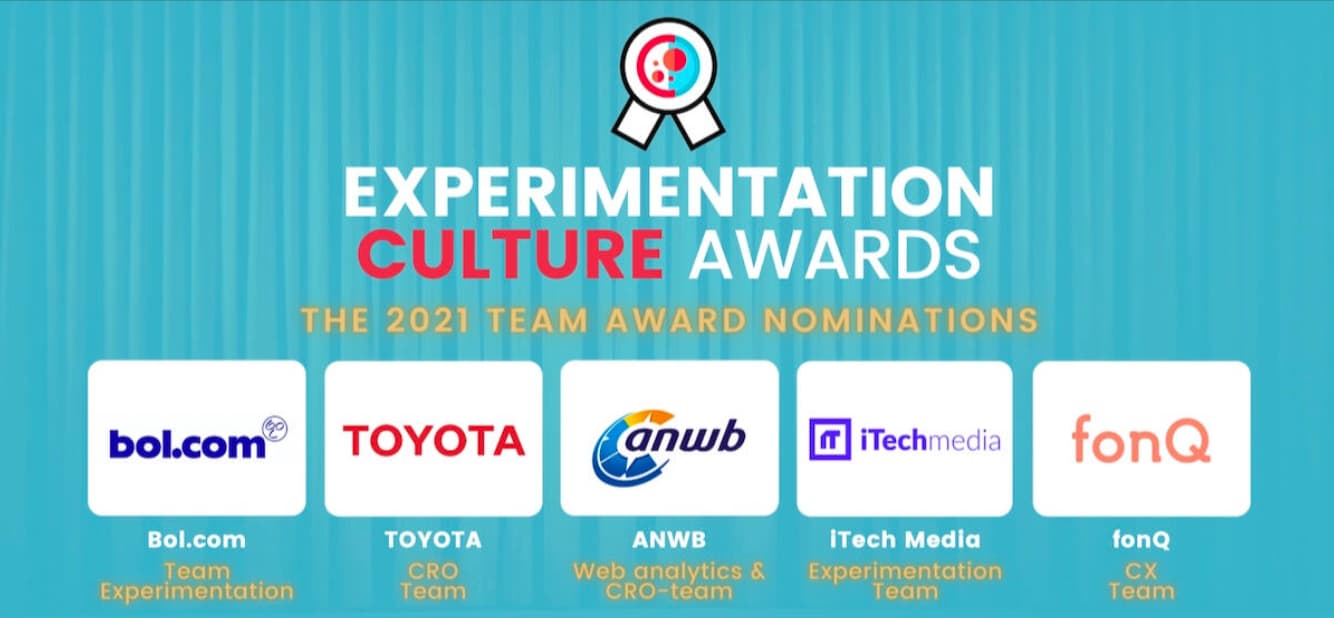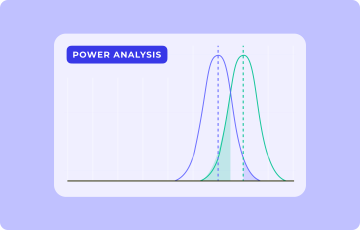
4 things all Experimentation Culture Awards finalists did right in 2021
Set to announce winners on July 8, the second annual Experimentation Culture Awards (ECAs) recognizes the most valuable contributions in the experimentation industry over the last year. You can watch the event live at 6 PM UCT, which will feature 15 finalists across three awards— individual, team, and organization-wide.
The event—which includes household names like Toyota and ING, plus individual leaders in the CRO industry—aims to promote a culture of experimentation globally.

Ton Wesseling, an optimizer and the host of the ECAs, conducted over 6 hours of interviews with finalists for the jury selection process.
He said this year's nominees have these 4 things in common.
1 Be proactive with their experimentation
Experimentation leaders “just do it,” said Wesseling.
“If you are not building an experimentation culture, you are missing out on great growth potential and a lot of fun for teams working with an experimentation mindset.”
More important than the amount of money fed into an experimentation program, he added, is building a culture where everyone says, “We should test this,” rather than just implementing ideas.
2 Set up the right metrics as soon as possible
It is vital to follow specific processes when A/B testing, including formulating hypotheses, prioritizing tests and defining objectives. Organizations do this by using concrete hypotheses with clear metrics.
"This means everyone is working towards the same and right goals,” said Wesseling.
3 Implement beyond digital
While experimentation is often associated with testing UX and improving conversion rates for online products, this is just the tip of the iceberg.
“You can experiment everywhere in the business and also on a personal level,” Wesseling added.
For example, organizations that have previously tested different layouts and features extensively on-site could also experiment with different shipping options, products and more.
4 Make experimentation accessible
To create a culture of experimentation across an organization, everyone should be empowered to run tests and automate their processes as much as possible. That’s why the finalists overcame difficulties that prevented team members from running experimentation programs.
“If someone or a team is not validating something that's implemented, or backing it up with data, don't tell them they did something wrong,” said Wesseling.
“Ask them about their process and the choices they made while working on the task or project. Try to understand what is holding them back with validation—learn from this and make it easier for them to use it next time."




